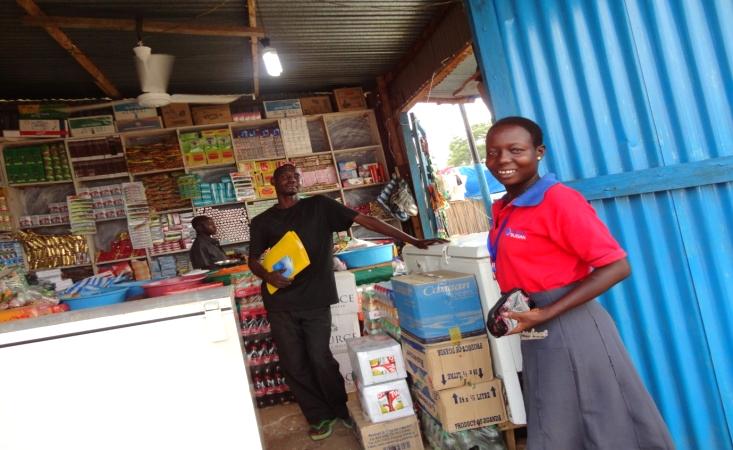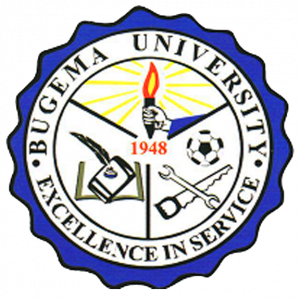
This course is designed to
provide students with an in depth understanding of the role of microfinance in
community development, fundamentals of microfinance as well as current
challenges and debates in the world of microfinance. The course will further
help students learn about sustainability of microfinance and microfinance
practices, activities, management and evaluation.
- Teacher: Keith Tibenda
This course introduces students to fundamentals of participatory approaches in development and innovation processes. It deals with the concept, the types and, levels of participation. It further explores the contextual factors and conditions that can influence participatory initiatives as well as, the potential and limitations of participatory processes. It also focuses at equipping students with skills in: facilitation, application of various participatory methodologies and or tools and, assessing the practice of participation in development.
- Teacher: ruth ntono
This is a practical course that
will provide students’ with knowledge and skills to plan, organize, implement
and evaluate Functional Adult Literacy (FAL) programs.
- Teacher: collins basemera
This course intends to introduce students to the importance of indigenous knowledge in life. It will create awareness; provide information, knowledge and skills for good standards of living and income generation. The course is divided into three sectors which include among others, importance of environment to indigenous people, African identity to development and how Africans use indigenous knowledge in their own development.
- Semester One 2023-2024: LILIAN KUGONZA
- Semester One 2023-2024: Scvioa Nankinga
This course examines methods of organizing people for social and political advocacy on their own behalf of others to bring about change in communities. The student will be able to understand social and political issues at the local community level, gain awareness of issues related to race, gender, ethnicity, social class, sexual orientation and other dimensions associated with privilege and discrimination. The student further will be able to apply appropriate strategies and tactics to bring about change, demonstrate skills in assessment, leadership, planning and conducting advocacy campaigns as well as evaluating results associated with organizing for social and political action.
COURSE DESCRIPTION
This course is designed to introduce students to community development studies and practical field research. Community development is a field science, which is necessary to understand complex local situation and find the potential from a local reality. The course is divided into two parts to understand 1) theories and case studies of community development and 2) realities of community development in rural areas (Uganda) through field research. Students will conduct field study in rural areas to understand “What is development?” from local people’s point of view by participatory observation and key informant interview with local people and governmental officers. We will focus on their life stories to achieve the question. Finally, students will record the life stories, and submit group or individual reports on their findings.
In order to develop as effective community workers, students must possess a strong theoretical and practical foundation related to their discipline. Beginning from an understanding of current community experiences and trends, students will learn how community development practices and principles can enable them to respond to contemporary needs.
- Teacher: RONALD OTIENO OKOTH

